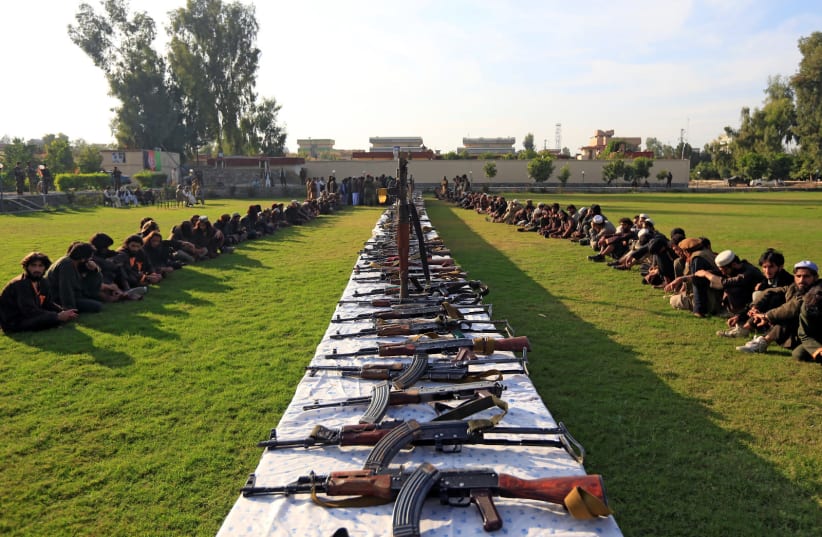Terror threats are growing in Africa. This has been the case for many years, due to ungoverned spaces, weak states and fragile borders, as well as a lack of consistent investment and security approaches to a swath of the continent where extremism percolates. New reports indicate the importance of keeping the focus on countries threatened by ISIS and other groups.
For instance, an article at Al-Ain media in the UAE noted the importance of focusing on Africa. The UAE and other countries that are investing in stability and moderation see this as important. “National attention is growing on the threat of the spread of terrorism in Africa and the spread of the influence of ISIS and Al-Qaeda, as evidenced by the bloody events in the continent in 2021,” writes Dr. Ali Eddin Hillal, a former Egyptian Minister of Youth.
He described how the US Africa Command has compared the spread of terror in Africa to a wildfire. “In this context, the United States of America and Italy called for an international conference to be held in the Italian capital at the end of June 2021, to discuss this issue, in which the foreign ministers of 42 countries participated.” He is referring to the June 28 meeting of the Global Coalition to Defeat ISIS.VOA noted at the time that “Western powers are promising recent successes by the Islamic State across Africa will not go unanswered, backing plans for a task force to focus on the terror group’s spread from Iraq and Syria to the African continent. The announcement Monday following a meeting in Rome by the Global Coalition to Defeat ISIS comes a day before the seventh anniversary of the terror group’s proclamation of its self-declared caliphate in Iraq and Syria, and two years since the caliphate’s territorial defeat in Syria.”
Dr. Hillal notes that four new countries received invitations to the Rome meeting; Congo, Mauritania, Yemen, and the Central African Republic. The CAR, for instance, has suffered civil strife and growing extremism, even as UN forces there and Russian contractors play an increasing role.Among other groups that have plagued nearby countries is Boko Haram and also the role of ISIS in the Sahel countries, such as Mauritania, Burkina Faso, Mali, Niger and Chad. Threats are now emerging not only in CAR but also Congo and Mozambique.
These organizations chose their goals carefully in order to achieve the greatest impact. For example, Palma is one of the economic centers for the production of liquefied natural gas and contains 75 trillion cubic feet of it, making it the fourth largest gas exporter in the world, and there are French, American and Italian investments amounting to $23 billion for gas exploration,” notes the Al-Ain article. ISIS also has bases in Mali and Ivory Coast and has extended threats to Benin.
Meanwhile in Somalia, ISIS and extremists from Al-Shabab are a threat. “There are several factors that increase the danger of these terrorist organizations, including the weak institutional and security structure in many African countries, the lack of state control over its entire territory, the differences between the ethnic groups, and the existence of historical conflicts between them, which creates the appropriate environment for the activities of these organizations,” notes the Al-Ain article. He concludes that while European countries such as Italy and France have an interest in helping African countries defeat terror, the US has inherited the global role that major European powers once had.In this context, the US must coordinate anti-extremist policies. Given the growing footprint of China, Russia, Turkey and others in Africa, it’s not clear what role the US will have in the future.
Without foreign commitment many countries struggle. In Puntland in Somalia, the independent region sent its security forces to remove ISIS from Timirse village in recent days. Several ISIS members were killed. However, the very fact that ISIS is now threatening stable and peaceful areas like Puntland show how this insidious group continues to spread.
Local disputes, such as the Renaissance Dam dispute between Ethiopia and Egypt, the role of Turkish-backed mercenaries in Libya and other controversies mean that countries are not always focused on fighting ISIS, but rather other regional and internal issue.
